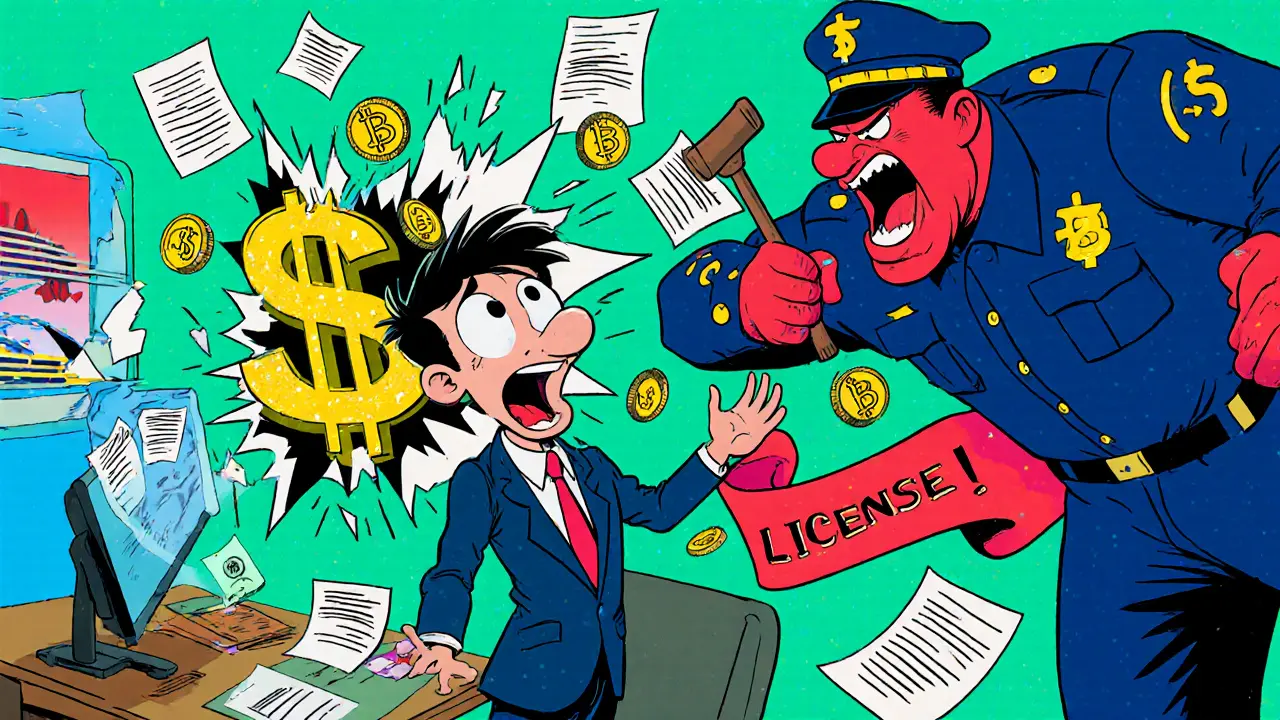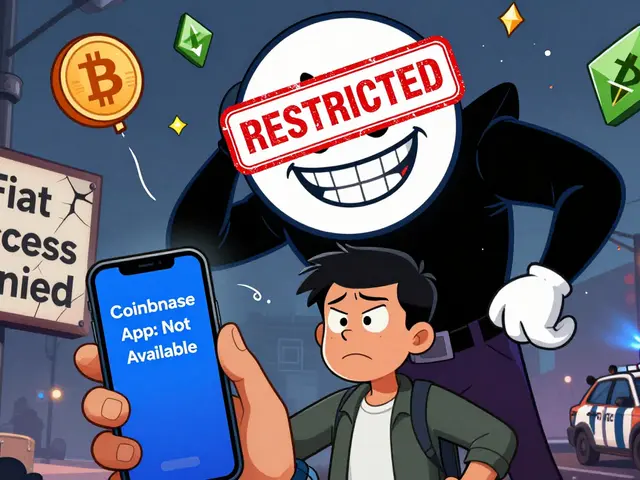Unlicensed Crypto Operation: Risks, Regulation, and Real‑World Cases
When talking about unlicensed crypto operation, any crypto project or service that runs without the required legal approval or supervisory oversight. It can be a token launch, an exchange, or a DeFi service that skips the paperwork and jumps straight to the market. Also known as illegal crypto activity, it often sidesteps consumer protection, tax reporting, and anti‑money‑laundering rules. Because the usual safeguards are missing, investors face higher chances of fraud, sudden shutdowns, or outright loss of funds.
One of the biggest forces pushing back against these shady projects is crypto regulation, the body of laws and rules that governments and agencies use to supervise digital assets. In the U.S., the SEC and the CFTC are locked in a constant battle over who gets to police crypto, and that clash directly shapes how unlicensed operations are treated. When regulators tighten the net, many projects scramble to register or disappear. On the flip side, loopholes let some launches slip through, especially when they masquerade as airdrop, a free token distribution meant to boost awareness. If the airdrop doesn’t disclose the token’s legal status or its underlying business model, it can become an unlicensed crypto operation in disguise, leaving participants exposed to unexpected tax liabilities or forced token swaps.
Why This Matters to Everyday Traders
Another red flag comes from rug pull, a scam where developers withdraw all liquidity from a pool, leaving investors with worthless tokens. Rug pulls are practically the end result of many unlicensed operations: without licensing, there’s no accountability, and the code can be changed at any time. Combine that with weak unlicensed crypto operation oversight, and you get a perfect storm for loss. Add in KYC failures—when exchanges don’t verify users’ identities—and the whole ecosystem becomes vulnerable to money‑laundering and fraud. So, whenever you see a new token, a fresh exchange, or an enticing airdrop, ask yourself: is this project licensed, does it follow regulation, and is there a clear, immutable contract? Those questions help you filter out the noise and protect your capital.
Below you’ll find a curated set of articles that break down real cases, explain how regulators are shaping the space, and give step‑by‑step guides on spotting risky launches. From airdrop mechanics to deep dives on major regulatory battles, these pieces give you the tools to stay one step ahead of unlicensed crypto operations.







Categories